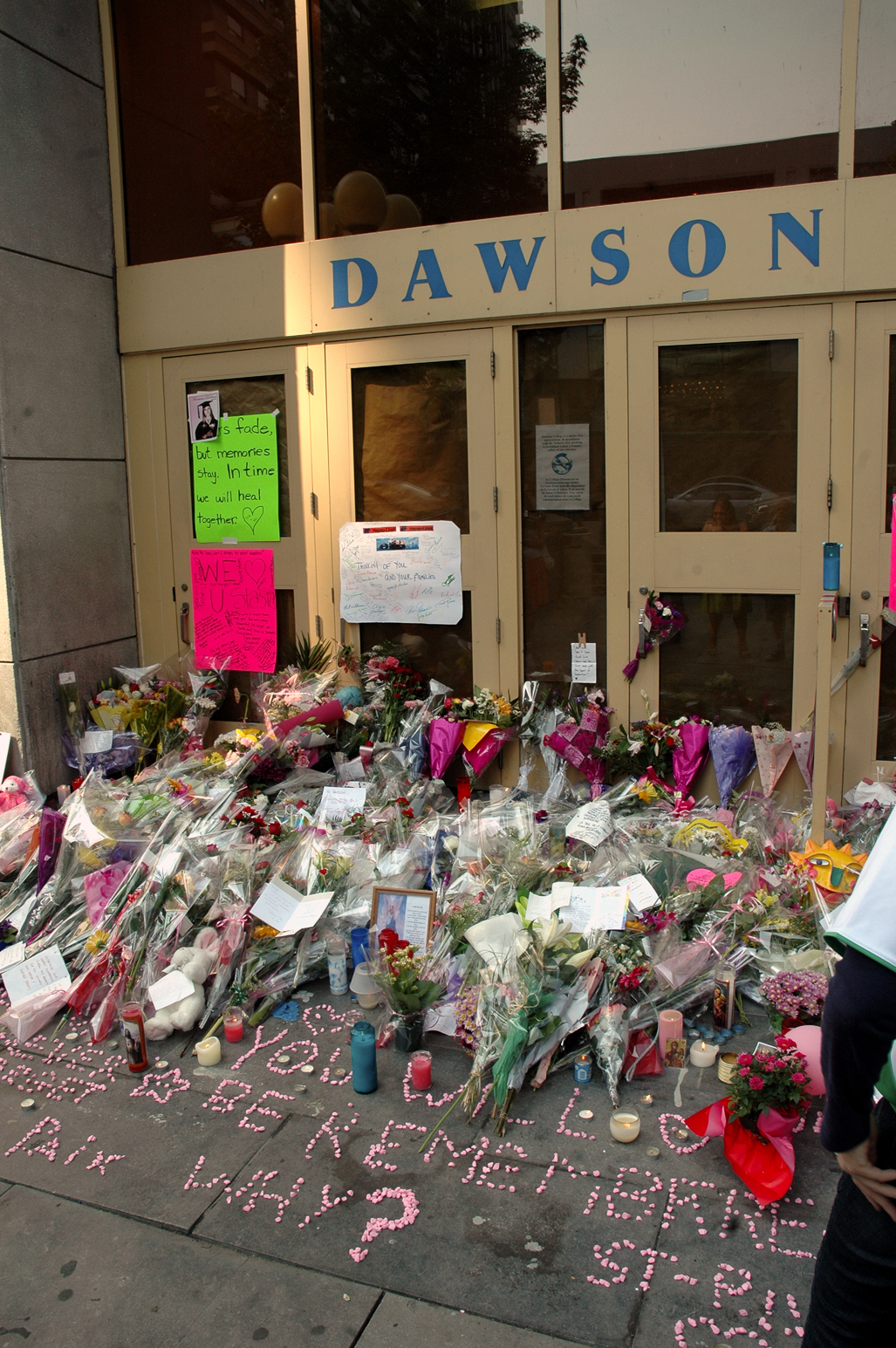
By Vanessa Smith
One in every four college police
departments are not prepared to handle an active shooter on campus, according to a survey by Campus Safety Magazine and reported on by the Huffington Post.
The survey found that 46 percent of these departments are understaffed. Half of the colleges also report not having the weapons they need or not knowing how to handle them if a shooting were to occur.
Knowing that security has a plan to take care of the student body in the case of a shooting can be comforting. Virginia Wesleyan College security guards are working 24 hours a day, seven days a week to ensure the safety of students on campus.
Jerry Mance, director of campus security, said that VWC security guards currently carry non-lethal weapons. Security also maintains a close relationship with state and local law enforcement who assist them when needed.
“We work hand-in-hand with the Virginia Beach Police, who are armed with lethal weapons,” Mance said.
In 2013, approximately 27 shootings occurred on or near college campuses, according to reports. In these shootings, 18 people were killed and a number of others injured.
The deadliest mass shooting in U.S. history to occur on a college campus is still the Virginia Tech University rampage of 2007. Since that shooting, 75 percent of voters oppose any law allowing gun owners to have firearms on college campuses. Most campuses have tried to improve or recreate a safety plan in case they are faced with a similar situation.
Students, however, often wonder just what the plan is, and what they could or should do in the event of a campus shooting.
If he ever saw someone walking around campus with a gun, junior Ryan Breen said, “I would rationally talk to them and see if there was anything I could do to prevent anything from happening. Running would not be very rational because I am not faster than a bullet. If I got away, I would notify as many people as I could and notify Virginia Wesleyan security right away.”
At VWC, any crime or emergency should immediately be reported to campus security in person, by telephone, or via the LiveSafe app. Security officers will then take the appropriate action to handle the problem and to let other students, staff and faculty know about the emergency. Staff members know what they are supposed to do in case of emergencies.
“If we get a call from security that there is a shooter on campus, we would put all students in a room that locks from the outside, like the pool, that you must have a key to get into,” said senior Jessica Wood, supervisor of the Hub reception desk at the Jane P. Batten Student Center.
Colleges all across the nation are coming up with structured plans to keep their schools safe. When parents and their high school students tour colleges, a primary concern is campus safety.
Nationally, schools are legally required to submit an annual security report, maintain a crime log, share statistics for a variety of crimes that happen on campus and in some off-campus facilities, issue timely campus alerts, maintain a fire log and create policies to handle reports of missing students. The Department of Education has a website that provides research statistics by institution.
When finding out about a college’s safety, families should also look at off-campus areas where their children may hang out. They should take into account, too, that it’s not always the numbers that make one feel safe or unsafe, but the mere feeling of how comfortable one is walking around the campus at any time of the day or night.
For more information on how to handle emergencies on campus, look on the Virginia Wesleyan College website under the “About VWC” tab, and click on “Campus Security.”



